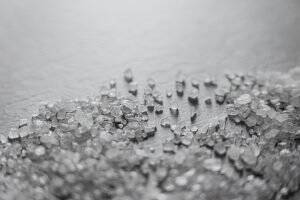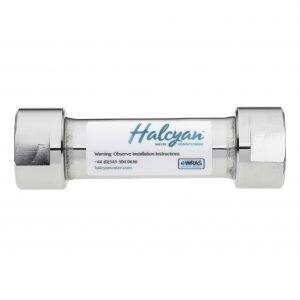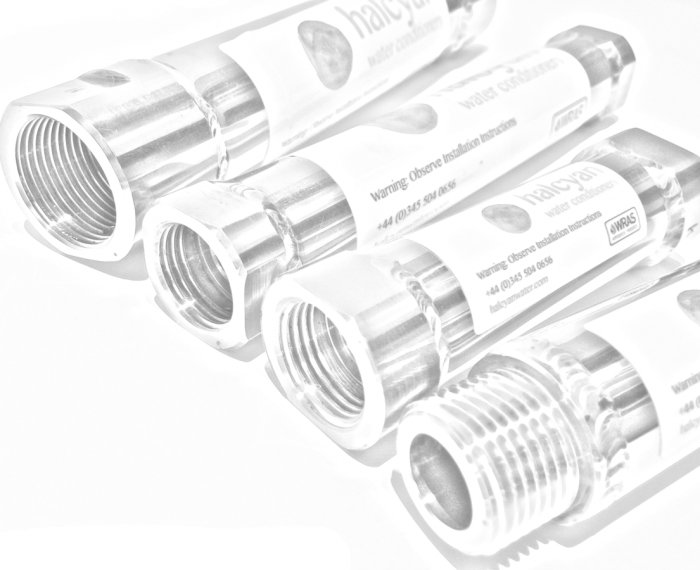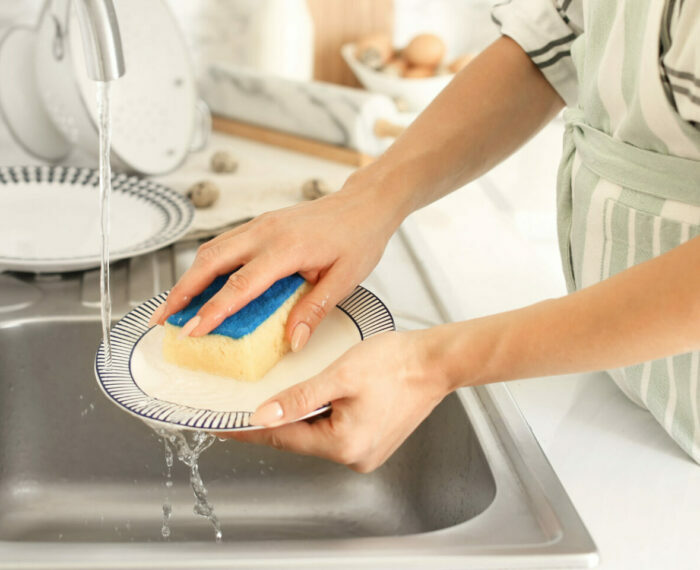If you’ve been looking into a water softener you might be wondering if soft water safe for drinking? After all, a water softener is increasing the sodium content in the water, soft water is also more corrosive than hard water which could lead to the leaching of metals in pipework such as lead. Do these factors pose a risk or is it all hearsay? In this article we’ll dive into these topics and try to separate the fact from the fiction!
What is softened water?
Water softeners work through a process called ion exchange, in brief hard water mineral ions are replaced with sodium ions. This means the concentration of sodium is increased while the ‘hardness’ is decreased. The concentration of sodium in softened water depends on how hard the water is. The harder the water the more sodium. Some softeners can use potassium instead of sodium in their exchange process removing the concern entirely. Managing the amount of sodium we consume is a dietary concern especially for people with high blood pressure. Another concern for people is whether soft water is more corrosive and leaches metals, such as lead into the water.
Soft Water – Corrosion, Leaching and Health
So what do the experts say concerning softened water? As with all things in this industry there is very little objective evidence concerning the subject in one way or another. Where corrosion and leaching is concerned the consensus seems to be that this is not really an issue with softened water as it is with naturally soft water. A couple of studies, such as a pilot study by the EPA in the U.S have shown that softening water does not have a significant impact on the corrosivity of the water. This suggests that leaching of metals from pipework should be a minor concern at the very most.
Soft Water – Sodium Concentration and Health
The DWI, British Water and WRAS all recommend ensuring that a drinking tap is left un-softened in the home. This is also standard practice for most softener installers. But what if for some reason you don’t have a separate drinking tap? Unless your water is tremendously hard, the sodium content in the water will be relatively low.
However it is important to note that if you suffer from hypertension (high blood pressure) or are diabetic it is important to be much more cautious. Babies also definitely shouldn’t consume softened water, at all, as it can cause some quite serious issues. There are almost no studies on the long term health effects of drinking softened water so whilst we and many others can make educated guesses on its effects, until there is a robust study on the subject nothing is truly conclusive.

Final Thoughts
So is Soft Water Safe for Drinking? Overall drinking softened water shouldn’t be viewed as a serious health hazard. However it’s better to follow current regulations and make sure you do have a separate drinking tap just in case. This becomes far more mandatory if you are in one of the more at-risk groups. Until there is more rigorous study on the impact of softened water on health it is best to play it safe. You could also look into alternatives such as water conditioners where this isn’t an issue, and you are able to drink the same hard water without the associated problems. If you’d like more info on water conditioners then make sure to check out our article on the subject below!
Why not check out our most popular water conditioner, the ‘Favourite’ Whole House Unit. Fit in under an hour by a plumber, this water conditioner will protect your home for 30 years and you don’t need to worry about installing a separate drinking water tap!




